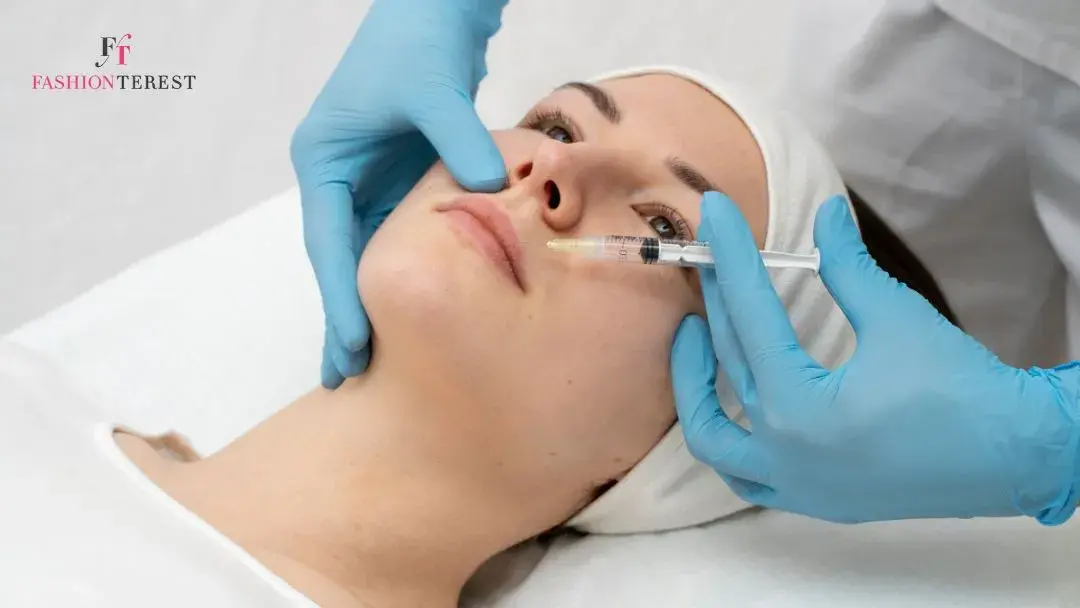How many of us have stood in front of a mirror and lifted jowls, neck or eyelids and thought ‘if only’…
The lure of youthfulness is a powerful magnet. This is particularly so in a society like ours where social media has our photograph out there for everyone to see including potential employers as well as possible mates. It is no wonder then, so many of us are choosing to present the best image of ourselves to the world through facelift surgery.
Expertly performed, cosmetic plastic surgery can bring back the symmetry and beauty of our features without compromising our unique ‘look’. Whilst many of us may be tempted to take the first steps to a better version of ourselves, plastic surgery is still somewhat daunting to undertake. So what does it actually feel like?
Managing Expectations
Before committing to a facelift it is important that you have reasonable expectations to determine how much facelift costs, the doctor needs to examine the areas the patient would like treated. If you are 60, you won’t look 20 after a facelift. Also, be aware that it would be rare for a facelift to not involve some lifting of the neck. The neck is one of the first areas to give away our age – no point in having a taut youthful face and a scraggy old neck…

On the positive side, however, facial ageing/rejuvenation can be a matter of millimetres. Subtle lifting and filling can dramatically improve a person’s appearance; creating a more youthful, feminine or masculine appearance, depending on the look you are hoping to achieve.
What to Expect – Preparation
In the days and weeks leading up to your facelift surgery, your surgeon is likely to ask you to prepare yourself to give your body the best chance of healing quickly and getting you up and about sooner. These measures may include:
- Stopping smoking to assist healing time and reduce postoperative complications
- Taking prophylactic antibiotics to prevent infection
- Avoiding aspirin as it may increase bleeding
- Reviewing your current state of health including medications taken
- Putting in place a care plan during your recuperation period
- Eat a healthy, well-balanced diet to aid recover
- Set aside three weeks leave from work/exercise to recuperate
Follow these instructions closely as they have evolved from years of experience to give you the best outcome.
The First 24 hours
Whether you opt for twilight surgery or general anaesthetic, you will need someone to drive you home and stay with you. When you wake up you will be heavily bandaged and many surgeons use full head and neck compression garments to reduce swelling and discomfort, particularly if liposuction has been performed.
You will be expected to sleep with your head raised for the first 2 weeks to a month. This allows fluid to drain and not ‘pool’ around your face and neck. Remember, among other things, fluid collection can put stress on the incision sites, increasing the risk of scarring. A drain may be inserted to reduce swelling.
It is likely your doctor will offer you sedatives and/or pain relief. These are optional but it is recommended you take them home with you as sleep may be difficult, particularly for the first few nights. Many patients report loss of sleep is due to discomfort rather than pain.
The First Two Weeks
Things are changing constantly at this time. Swellings will come and go, as will bruising. If you have had a combination of procedures such as liposuction and fat transfer along with a facelift, you may experience a range of distortions that can cause panic if you are unprepared. As there is always some fat loss after grafting, surgeons must ‘overfill’ areas to account for this. It is easy to be alarmed when first looking in the mirror so try to avoid it as much as possible. Remember, final results can take many months to be appreciated.
Around the end of the first week, healing will have taken place enough to allow stitches to be removed. During this appointment, the heavy bandages may be replaced by lighter ones, though your doctor is likely to recommend the pressure bandage continue to be worn when at home and when sleeping.

By the end of the second week, depending on the extent of your procedures, you may feel comfortable venturing out in public. Those with long hair will have the advantage that they can style it to cover their ears where a majority of the bruising and swelling may persist.
The Final Result
A well-performed facelift can take years off your perceived age and give your self-esteem a boost, however it may take some time. As mentioned above, facelift surgery which has combined multiple procedures such as browlift, liposuction and/or fat grafting, will take many months to settle until you can appreciate the final result.
Recent studies have shown that over 95% of people who have undergone facelift surgery, feel it was worth it, so what are you waiting for? A younger-looking, more confident you could be just around the corner…
For additional insights:-



